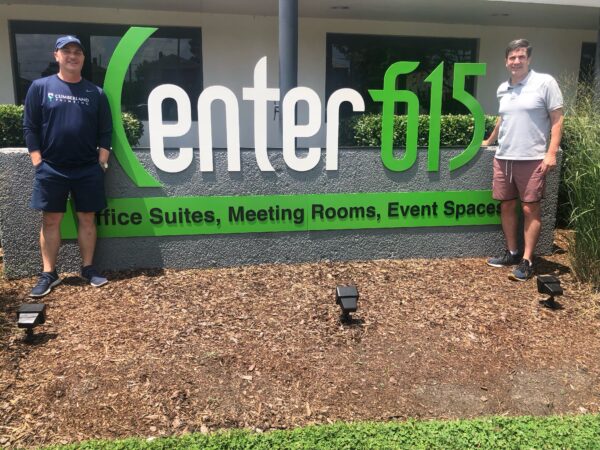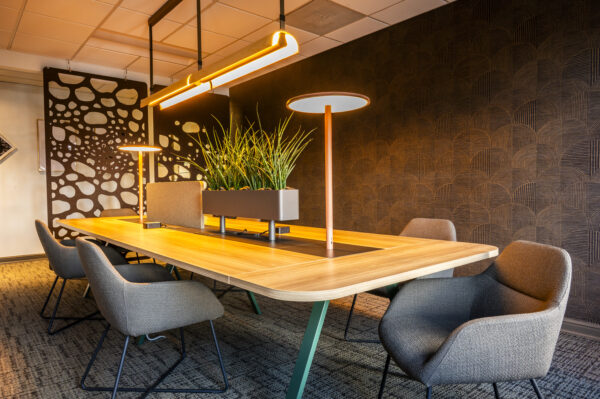Here’s how to choose an office space and some things to think about as you begin or continue your search.
- Choose the Right Location
- Is There Room for Your Company to Grow?
- Cost
- Parking
- Amenities
- Places to Meet
- Security
- Management Staff
- Appearance
- Is it a Good Fit For Your Team?
1. Choose the Right Location
When it comes to real estate, location is everything. When going on office tours, make sure to take the location of the space into consideration. Is the space convenient for your employees? More importantly, is it convenient for your clients?
If the location of your office is far away or difficult to get to, it could effect your clients wanting to work with you. Face-to-face meetings are very important, if the location of your office causes you to lose that, it could hurt your business.
No one likes a long and stressful commute. When looking for a new space, you might want to take into consideration where your key staff members live and where they would be comfortable commuting. If you don’t get their input, you could risk losing them to another employer.
2. Is There Room for Your Company to Grow?
How long are the lease requirements? What’s the renewal rate? Options to move within a lease? Lease security?
These are key questions to ask while touring office space. Depending on what is happening within your company, you don’t want to be stuck on a long lease if things go south, and vice versa; if things are going great and you’re growing, you need to have the option to move into a bigger space when needed.
3. Cost
What can your business afford? What is included in rent? What are the added costs?
Crunch the numbers and know your budget that will allow you to operate comfortably.
4. Parking
If it’s difficult and costly for your employees and clients to park, they might not be your employees or customers for long. We all have been in a situation where you either have a meeting or are running errands and it’s either a) hard to find a place to park or b) it costs money to park and you weren’t expecting that.
Or, if you are going to pay for employees parking, keep in mind how much that is monthly and if you are able to take on that expense on top of your rent.
5. Amenities
What is included within your lease/membership? It’s good to establish that prior to joining an office space so your company knows what they have access to and what would be an extra cost.
Some examples:
- 24/7 Access to building
- Do you get a mail slot
- Is printing included or extra
- Parking (as listed earlier)
- Coffee/tea
6. Is There a Place to Meet?
Aside from just desks or the suite, will you need other spaces for your team or clients to meet? Are there conference room options? Do you need a kitchen? Or are there spaces to hold events?
7. Security
Your office is your second home and it’s important that yourself and your employees feel safe. Is the building keycard access only? Is there an alarm? Are there security camera on the interior and exterior of the building?
8. Management Staff
Things can go wrong in any building, new or old. When these issues occur, does the space have an on-site manager to quickly resolve these issues? Having an on-site manager is a huge benefit to a space as any issue that may occur can be addressed quickly.
9. Appearance
I know we’re not supposed to judge a book by its cover, but you only get one chance to make an impression on a potential client. Your office can send certain messages to others about your business. If you choose cheap rent at a cheap building, it could tell your clients that you’re struggling. At the same time, if you choose a lavish space with a high price tag it could make them think that they’re paying too much for your services.
Pay attention to the upkeep of the common areas and overall impression of the space. Professional image is important.
10. Is it a Good Fit For Your Team?
How is the culture of the space? What types of other businesses are there? Are there other opportunities to connect with other members?
Your workplace is where you spend the majority of time other than your home. It’s important that it be a space your team enjoys!
References: Small Business Trends | Startups | Entrepreneur




